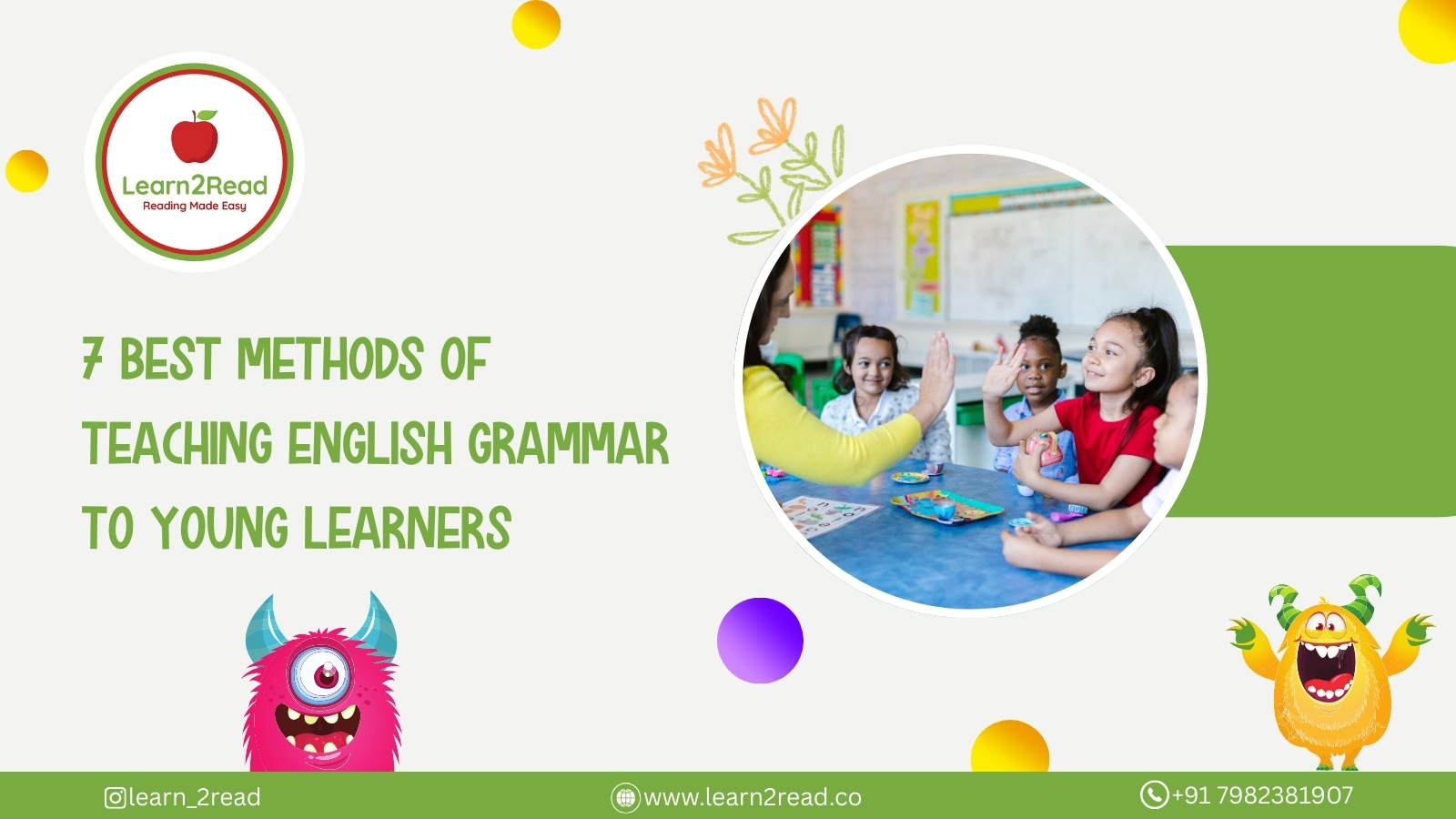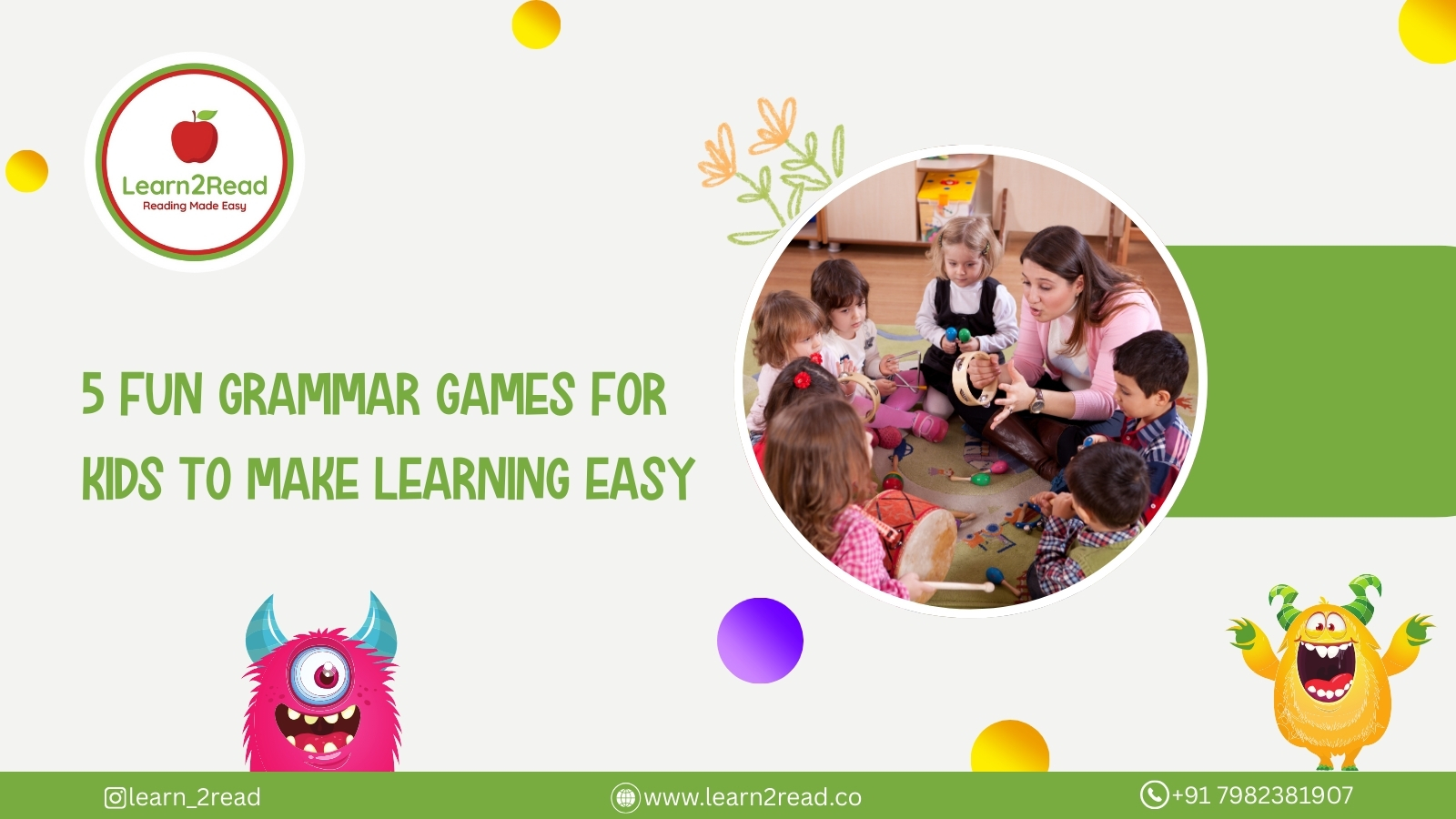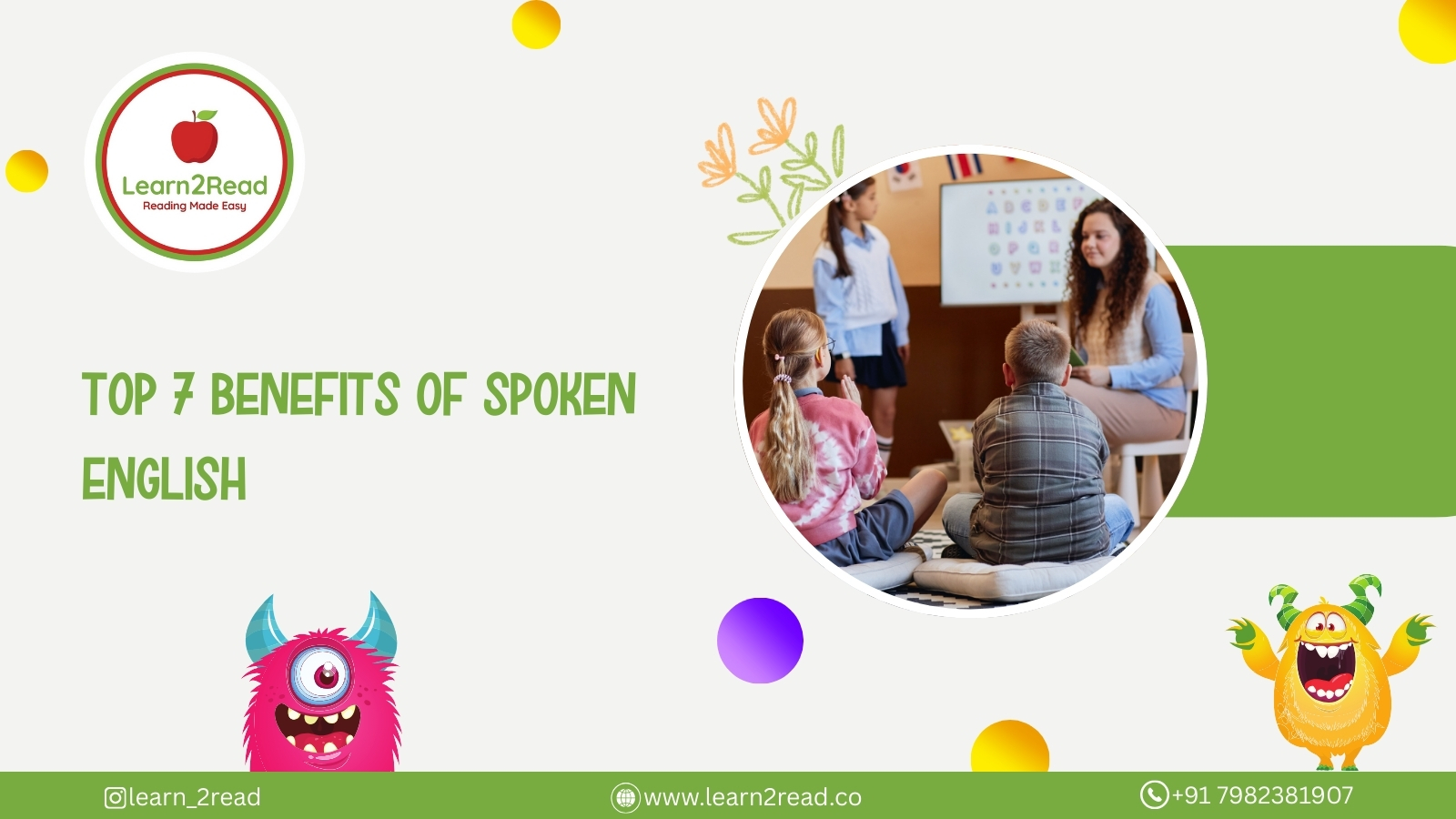29 December 2025
What is the Meaning of Phonological Awareness?

What is the Meaning of Phonological Awareness?
posted on : 17 October 2025
The Meaning of Phonological Awareness
The meaning of phonological awareness is simple: it’s the foundation of early reading, helping children hear & identify different sounds. It’s a key step for young readers. Phonological awareness is an umbrella term that includes words, syllables, and phonemes.
The earlier you nurture these skills, the smoother their development becomes. Because without it, children often struggle with reading and writing.
Phonological awareness skills aren’t just about sounds; they’re about unfolding the joy of reading. Introduce the skill to your children and set them up for future success.
In this blog, you’ll discover phonological awareness and why it’s important for children.
What is Phonological Awareness?
Phonological awareness is the ability to recognize sound patterns of spoken language. It involves identifying and manipulating sounds to tune into the individual sounds within words. Such as words, syllables, onsets, rimes, and phonemes.
In simple words, the meaning of phonological awareness is that it’s the skill that helps children to understand that spoken language can be broken down into smaller sounds.
For example:
- Sentences can be broken into words.
- Words can be broken down into syllables.
- And syllables into sounds.
Phonological awareness is an umbrella term that includes:
- Word Stage: Children learn rhyming words, alliteration, and sentence segmentation.
For Example: cat and mat (Rhyming), Peter picked a pack of pickles (Alliteration), & I love toys – 3 words (Segmentation). - Syllable Stage: Children learn to segment words and sound them out.
Two Syllable: ti–ger and three syllable: but–ter–fly - Onset-Rime Stage: Children learn to recognize the starting and ending of words.
Onset: in the cat, the onset is /c/
Rime: in cat, the rime is -at - Phonemes Stage: Children learn to identify the smallest unit of sound in the word.
Like: dog has 3 phonemes – /d/ /o/ /g/
Further, find out why phonological awareness is important for young readers. Plus, 7 crucial skills for literacy development.
Why is Phonological Awareness Important for Reading?
Here are 6 crucial points you should know:
- Phonological awareness builds a strong foundation by helping children understand that words are made up of smaller sounds.
- Children understand the relationship between spoken sounds and written letters, which helps them decode words faster.
- They recognize sound patterns that help them boost their reading and writing skills.
- They can read unfamiliar and tricky words by themselves.
- Phonological awareness encourages vocabulary and language development.
- They can read fluently, improving their comprehension skills.
What are the 7 Phonological Awareness Skills?
- Strong Word Awareness Skills
- Strengthening Syllable Awareness Ability
- Developing Rhyme Awareness
- Fun Alliteration Practice
- Accurate Onset–Rime Awareness Skill
- Detailed Phonemic Awareness
- Mastering Blending & Segmentation Skills
Final Thoughts
The meaning of phonological awareness may sound complex, but it’s simply a technique to help children hear & identify sounds. They develop word, syllable, rhyme, onset, and phoneme awareness. This skill helps to build a strong foundation for literacy.
Research shows that children with strong phonological awareness are likely to become confident readers. With daily practice, your child can grow into a fluent reader.
Try a few fun phonological awareness activities with your child. And watch how quickly they fall in love with reading.
You can check out Learn2Read online courses that help children build these skills step-by-step. With expert guidance, your child can grow into a confident reader.
Frequently Asked Questions (FAQs)
1. What is phonological awareness in early childhood?
Phonological awareness is the ability to recognize sound patterns of spoken language. It builds a strong foundation by helping young children understand that words are made up of smaller sounds. It’s a crucial skill that needs to be introduced in early childhood to build a foundation for future literacy.
2. What are phonological awareness skills?
The crucial phonological awareness skills are: word recognition, decoding, syllable awareness, rhyme awareness, blending, and mastering phonemic awareness.
3. What is phonological awareness and examples?
Phonological awareness is the ability to recognize sound patterns of spoken language. It involves identifying and manipulating sounds to tune into the individual sounds within words.
For example: identifying rhyming words: cat & bat. Or a child segments words into syllables and claps for each: but–ter–fly, clapping 3 times.
Latest Posts


29 December 2025
5 Best Fun Grammar Activities for Preschoolers

29 December 2025
5 Fun Grammar Games for Kids to Make Learning Easy

29 December 2025



